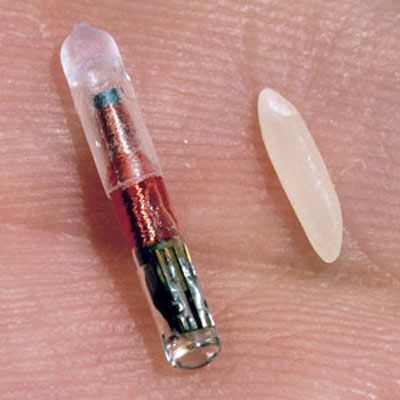Jet lag is a modern malady that accompanies long-distance travel. In the past, people couldn't journey fast enough to really throw their systems out of whack, but in today's world of fast cars and even faster planes, it's a whole other story. The reason for this stems from the biological rhythm most commonly known as the circadian rhythm. Like similar biological clocks that follow tidal, lunar and seasonal cues, circadian rhythm is dictated by a very familiar fixture -- the daily appearance of the sun.
The field of chronobiology (which concerns how life is affected by time and other rhythmic processes) works to understand how these various internal clocks function and interact. Basically circadian rhythm is dictated by light and darkness. During the daytime (or exposure to artificial illumination), light triggers a reaction in a special eye pigment, which activates a response in the neurons of the hypothalamus, which in turn jumpstarts a number of different biological processes. At night, the lack of light causes other developments to occur. Humans' natural circadian rhythm is about 25 hours long (although the sun resets it after 24) and when it's disrupted by events like crossing time zones, chances are you'll have some problems.
Advertisement
That's because your circadian rhythm affects you head to toe. You might not have realized it, but your body is a busy factory performing many different tasks throughout the day. Besides telling you when to sleep and when to rise, your circadian rhythm regulates body temperature, blood pressure, digestion, urine production, hormone secretion and more. This means that when people travel, the sun isn't in sync with their internal clock.
If you slip off your regular cycle, your body is still going to try to accomplish everything at the regular time, as opposed to when you need it to. Not everyone is affected to the same degree by jet lag, but generally, you'll need a day to recover for each time zone hopped. By regulating food intake and other behaviors, it's possible you can be back to normal in a timely manner -- preferably before it's time to head back home.
Now that we have a better idea behind what causes jet lag, on the next page, we'll find out if our furry friends suffer the same fate.
Advertisement



